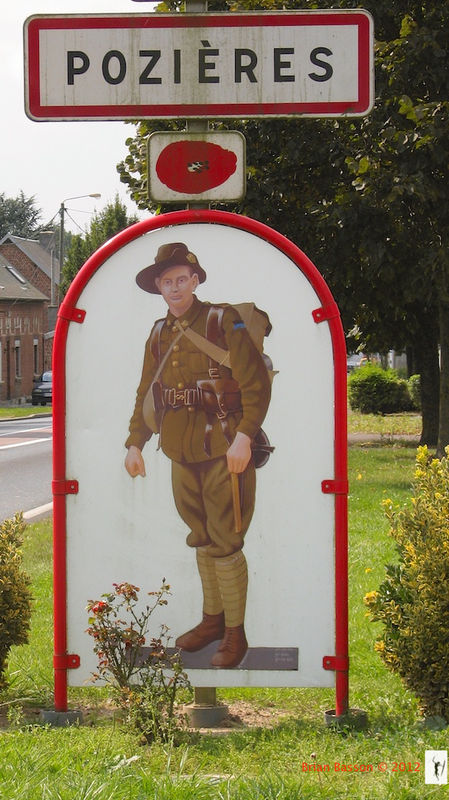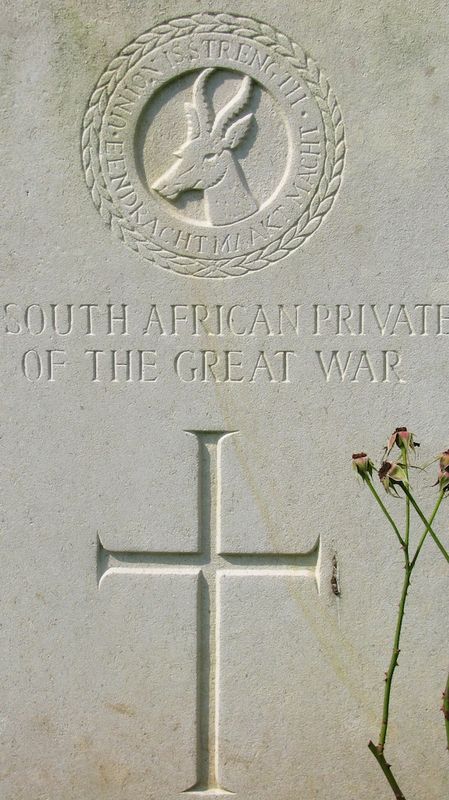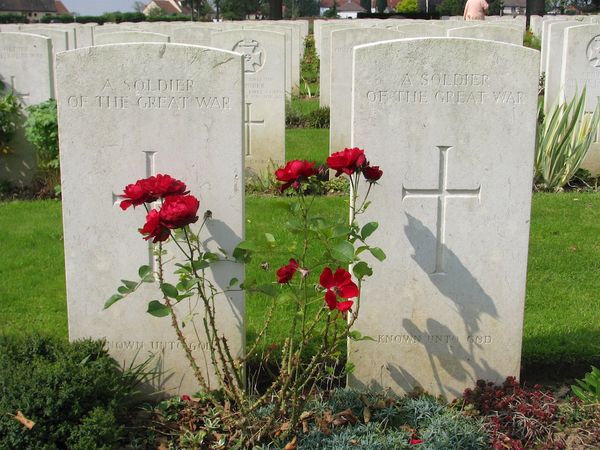Remembrance Day - 11/11 - Lest We Forget
Nov 11, 2012 01:01:26 #
Remembrance Day Tradition
Why is this day special?
At 11 am on 11 November 1918 the guns of the Western Front fell silent after more than four years continuous warfare. The allied armies had driven the German invaders back, having inflicted heavy defeats upon them over the preceding four months. In November the Germans called for an armistice (suspension of fighting) in order to secure a peace settlement. They accepted the allied terms of unconditional surrender.
The 11th hour of the 11th day of the 11th month attained a special significance in the post-war years. The moment when hostilities ceased on the Western Front became universally associated with the remembrance of those who had died in the war. This first modern world conflict had brought about the mobilisation of over 70 million people and left between 9 and 13 million dead, perhaps as many as one-third of them with no known grave. The allied nations chose this day and time for the commemoration of their war dead.
On the first anniversary of the armistice in 1919 two minutes' silence was instituted as part of the main commemorative ceremony at the new Cenotaph in London.
The silence was proposed by Australian journalist Edward Honey, who was working in Fleet Street. At about the same time, a South African statesman Sir Percy Fitzpatrick made a similar proposal to the British Cabinet, which endorsed it. King George V personally requested all the people of the British Empire to suspend normal activities for two minutes on the hour of the armistice "which stayed the worldwide carnage of the four preceding years and marked the victory of Right and Freedom". The two minutes' silence was popularly adopted and it became a central feature of commemorations on Armistice Day.
.
Why is this day special?
At 11 am on 11 November 1918 the guns of the Western Front fell silent after more than four years continuous warfare. The allied armies had driven the German invaders back, having inflicted heavy defeats upon them over the preceding four months. In November the Germans called for an armistice (suspension of fighting) in order to secure a peace settlement. They accepted the allied terms of unconditional surrender.
The 11th hour of the 11th day of the 11th month attained a special significance in the post-war years. The moment when hostilities ceased on the Western Front became universally associated with the remembrance of those who had died in the war. This first modern world conflict had brought about the mobilisation of over 70 million people and left between 9 and 13 million dead, perhaps as many as one-third of them with no known grave. The allied nations chose this day and time for the commemoration of their war dead.
On the first anniversary of the armistice in 1919 two minutes' silence was instituted as part of the main commemorative ceremony at the new Cenotaph in London.
The silence was proposed by Australian journalist Edward Honey, who was working in Fleet Street. At about the same time, a South African statesman Sir Percy Fitzpatrick made a similar proposal to the British Cabinet, which endorsed it. King George V personally requested all the people of the British Empire to suspend normal activities for two minutes on the hour of the armistice "which stayed the worldwide carnage of the four preceding years and marked the victory of Right and Freedom". The two minutes' silence was popularly adopted and it became a central feature of commemorations on Armistice Day.
.
Australian Soldier Commemoration: Pozières. Pozières, a small village in the Somme valley in France, was the scene of bitter and costly fighting for the 1st, 2nd and 4th Australian Divisions in mid 1916.

Grave of South African Soldiers WW1

Graves of Unknown Soldiers WW1

Nov 11, 2012 04:20:40 #
Nov 11, 2012 04:22:04 #
Nov 11, 2012 04:24:40 #
Nov 11, 2012 04:28:28 #
Nov 11, 2012 05:08:11 #
angler wrote:
We wilL never forget.God bless them one and all.
Thank you Angler.
Nov 11, 2012 05:16:37 #
Nov 11, 2012 08:09:24 #
Nov 11, 2012 08:16:47 #
sarge69 wrote:
May we never forget their sacrifice and the families loss also.
Sarge69
Sarge69
Well said Sarge69. :thumbup: :thumbup:
Nov 11, 2012 08:29:35 #
Shaka wrote:
Remembrance Day Tradition br br Why is this day s... (show quote)
:thumbup: :thumbup: :thumbup:
Nov 11, 2012 08:31:59 #
Nov 11, 2012 08:35:44 #
Archy wrote:
quote=Shaka Remembrance Day Tradition br br Why ... (show quote)
Thank you so much Archy - sincerely appreciated.
Nov 11, 2012 14:28:49 #
I can tell that this is something very dear to you and you stated it so eloquently! And the photos really do your story homage!
Nov 12, 2012 04:00:09 #
rlaugh wrote:
Very good ...thank you!!
Thank you so much for looking rlaugh, I sincerely appreciate it. Brian
Nov 12, 2012 04:01:23 #
Archy wrote:
quote=Shaka Remembrance Day Tradition br br Why ... (show quote)
Thank you Archy for looking and your thumbs up, it is sincerely appreciated. Brian
If you want to reply, then register here. Registration is free and your account is created instantly, so you can post right away.







